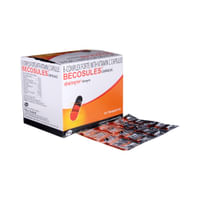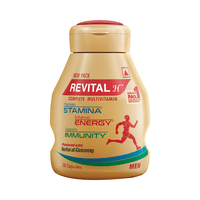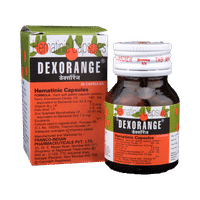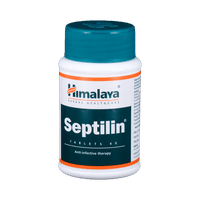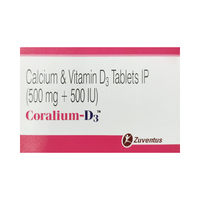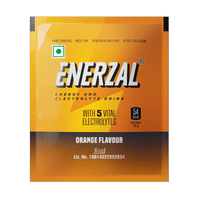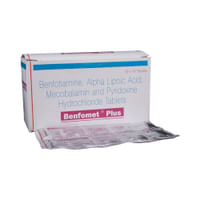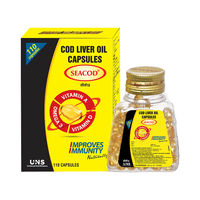B Cane Heavy 0.5% Injection
Rs.26.20for 1 vial(s) (4 ml Injection each)
food interaction for B Cane Injection
alcohol interaction for B Cane Injection
pregnancy interaction for B Cane Injection
lactation interaction for B Cane Injection
food
alcohol
pregnancy
lactation
No interaction found/established
It is not known whether it is safe to consume alcohol with B Cane Heavy 0.5% Injection. Please consult your doctor.
CONSULT YOUR DOCTOR
B Cane Heavy 0.5% Injection may be unsafe to use during pregnancy. Although there are limited studies in humans, animal studies have shown harmful effects on the developing baby. Your doctor will weigh the benefits and any potential risks before prescribing it to you. Please consult your doctor.
CONSULT YOUR DOCTOR
B Cane Heavy 0.5% Injection should be used with caution during breastfeeding. Breastfeeding should be held until the treatment of the mother is completed and the drug is eliminated from her body.
CAUTION
SALT INFORMATION FOR B Cane 0.5% Injection
Dextrose(0.5%)
B cane injection uses
{med_name} is used for short term fluid replacement after trauma.
How b cane injection works
B Cane Heavy 0.5% Injection works by replacing fluid loss.
Common side effects of b cane injection
Injection site reactions (pain, swelling, redness)
SUBSTITUTES FOR B Cane Injection
No substitutes foundExpert advice FOR B Cane Injection
- Dextrose is used to provide your body with extra water and carbohydrates (calories from sugar). It is used when a patient is not able to drink enough liquids or when additional fluids are needed after any surgery or trauma.
- Dextrose should be used with caution in patients with diabetes, hypokalemia (low potassium), peripheral edema (swelling in the arms, feet, or legs)or pulmonary edema (when fluids build up in the lungs).
- Your blood sugar level will be monitored regularly while taking Dextrose.













